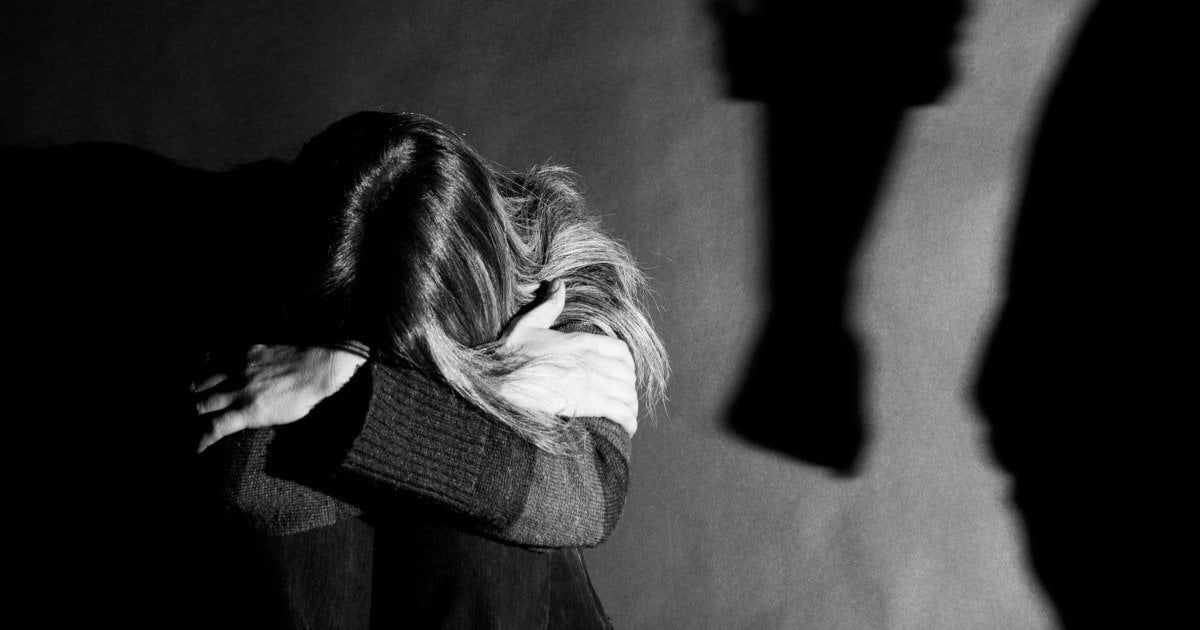If you or someone you know has experienced sexual assault, please seek help with a qualified counsellor or by calling 1800 RESPECT.
18 months after his wife was brutally murdered by an opportunistic stranger, Tom Meagher wrote about the trauma of his wife’s death for White Ribbon.
Meagher knew about loss and grief and heartbreak, but more than that, Meagher knew about violence. The most extreme kind killed his wife, Jill.































































































